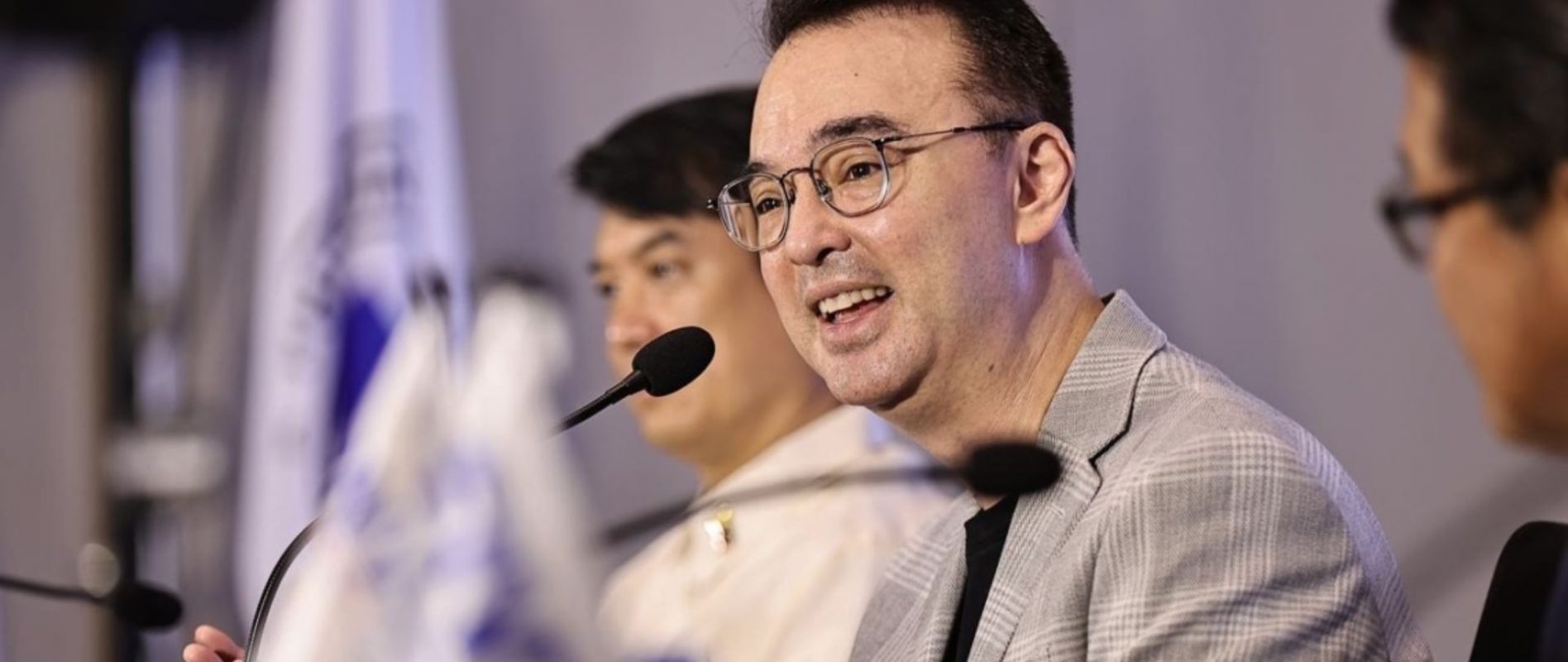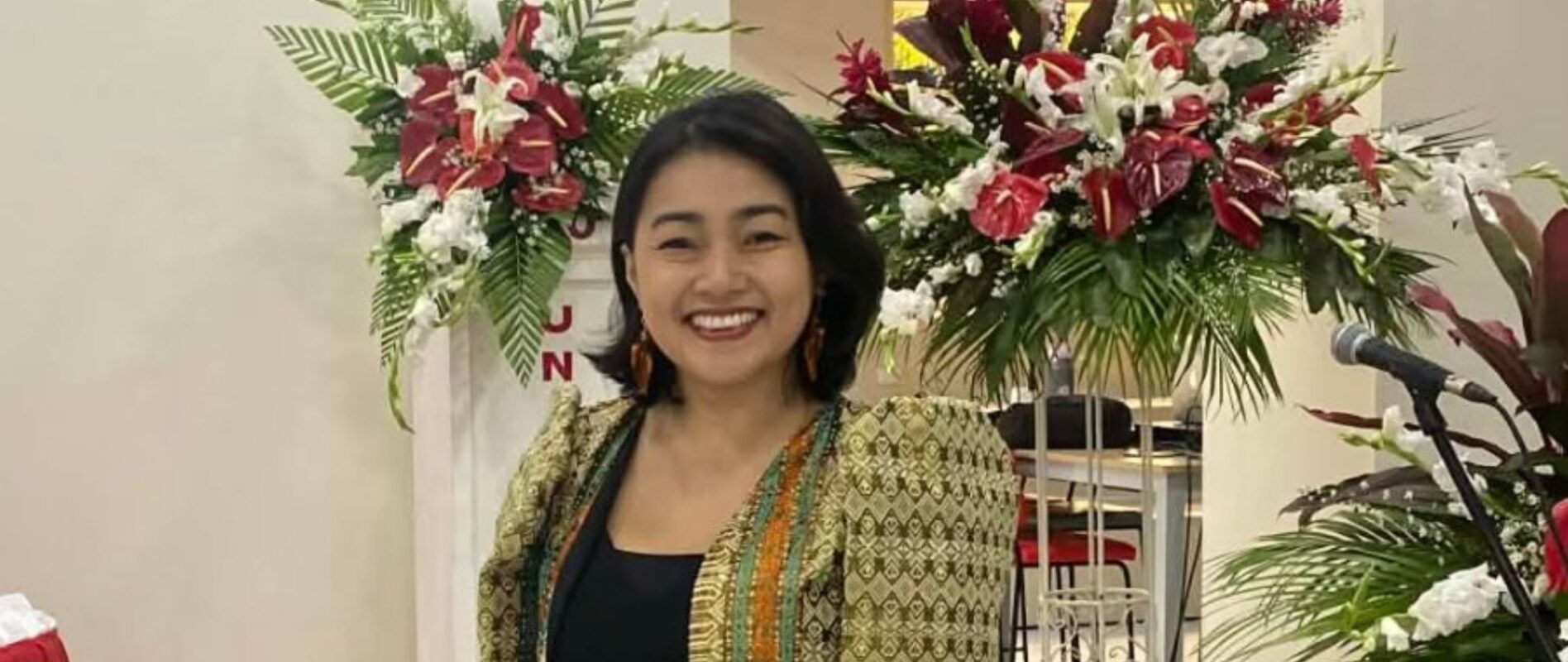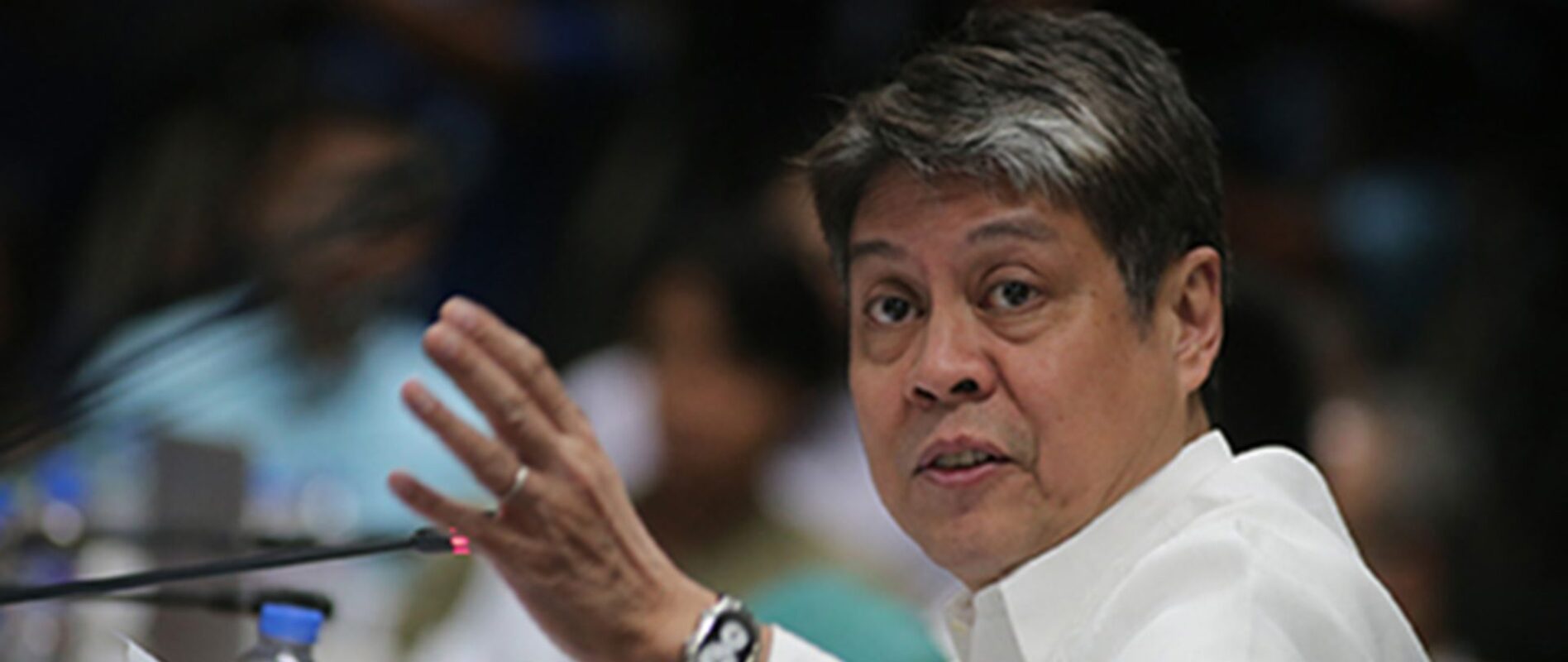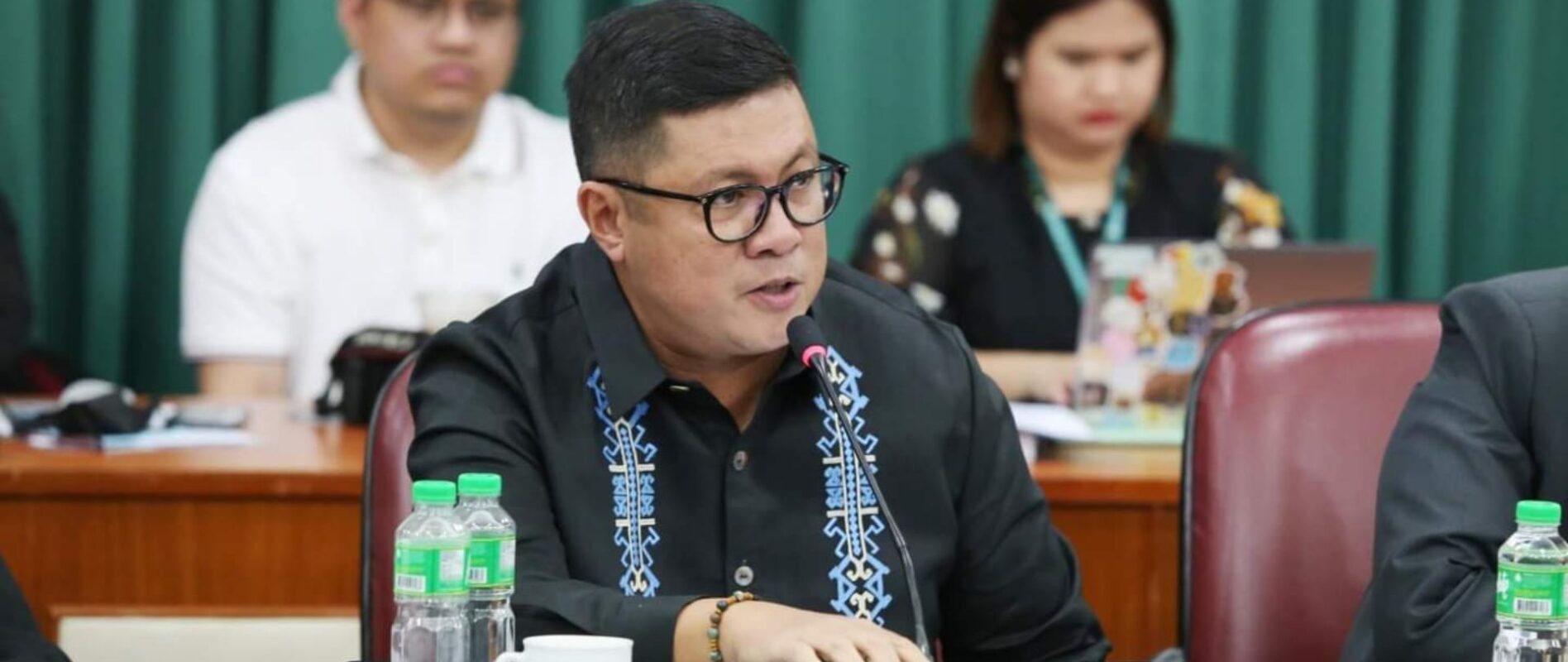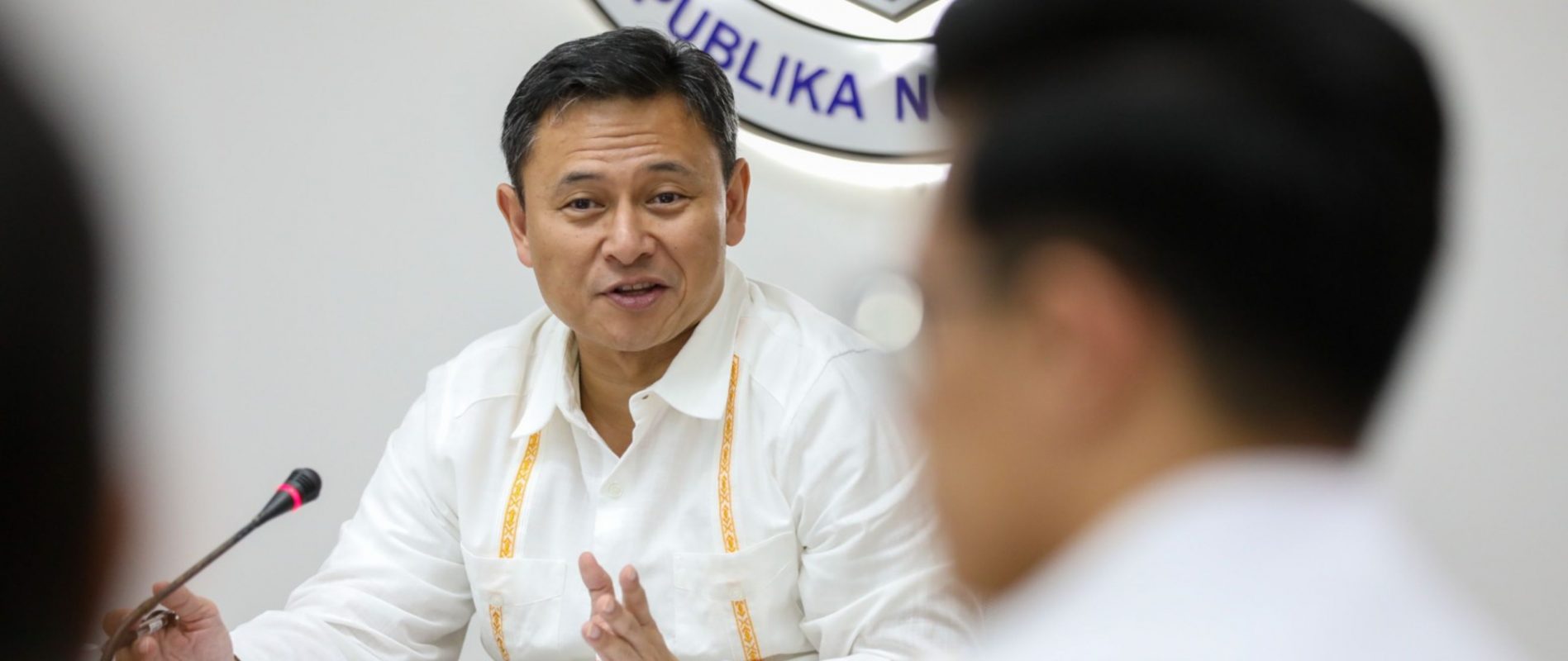SENATOR URGES SUCs TO OFFER SHORT COURSES FOR SK OFFICIALS
SENATOR Alan Peter Cayetano has proposed that State Universities and Colleges (SUCs) offer short courses specifically for newly elected Sangguniang Kabataan (SK) officials.
During a Senate Committee on Higher, Technical, and Vocational Education hearing, Cayetano emphasized the importance of equipping young leaders—especially with the upcoming SK and barangay elections—with the necessary skills.
“If the SK elections are not postponed, it would be good for state universities to offer a two- to three-week course for the incoming SK officials,” he said.
Cayetano, who chairs the committee, made the suggestion as the panel explored strategies to expand access to tertiary education and skills training.
He noted that many public officials assume office without formal training and only seek further education after being elected.
He also encouraged CHED and SUCs to treat SK training as part of a broader national development strategy.
“Let me encourage CHED and SUCs—lahat ng reklamo ninyo sa mga leaders ngayon, including us, we can fix that 20 years from now if we nurture the SK officials elected this year,” he said.
“Because by 2050, 25 years from now, they will be our leaders,” he added.
Cayetano also requested CHED to conduct a nationwide mapping of SUCs and their satellite campuses to identify underserved areas, noting that some provinces still lack a state university.
“There are still provinces without an SUC. Can we do a mapping? Take out all the politics and look at population data, so we can clearly see where SUCs, their satellite campuses, and private universities are,” he told CHED Director Raul Muyong.
A long-time advocate for education reform, Cayetano stressed the need for a comprehensive approach to higher education that includes scholarships, student loans, and specialized training programs.
He also urged CHED and SUCs to continue improving access to quality education during the legislative break, leading up to the start of the 20th Congress in July.
“We can get a head start with committee reports. If there are legal issues, we can talk about them. If it’s just about compliance, let’s comply now so we can all move forward without issues,” he said.

